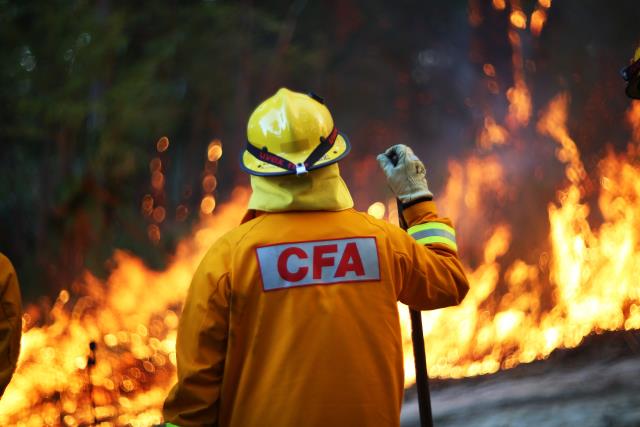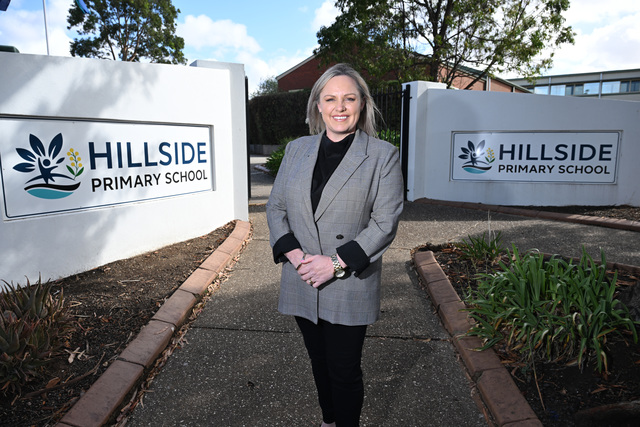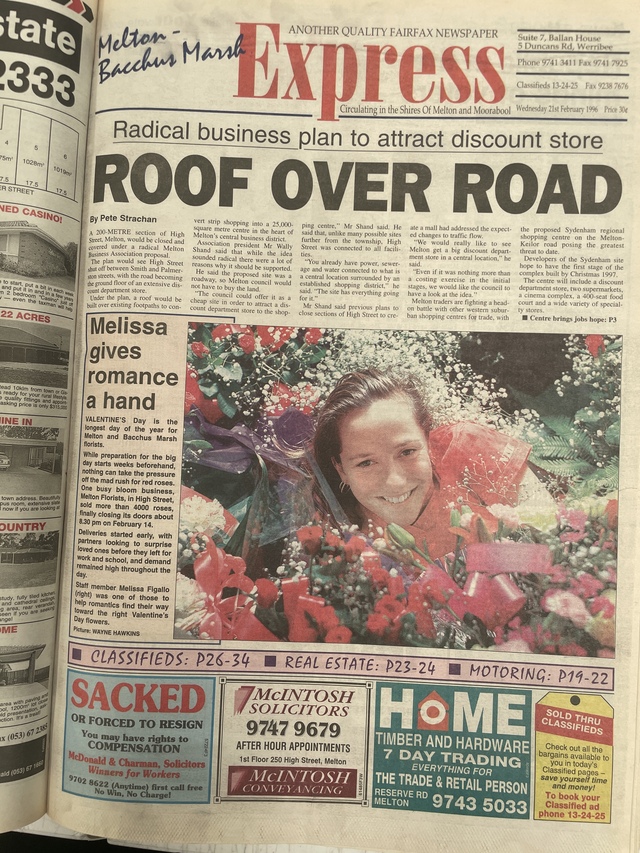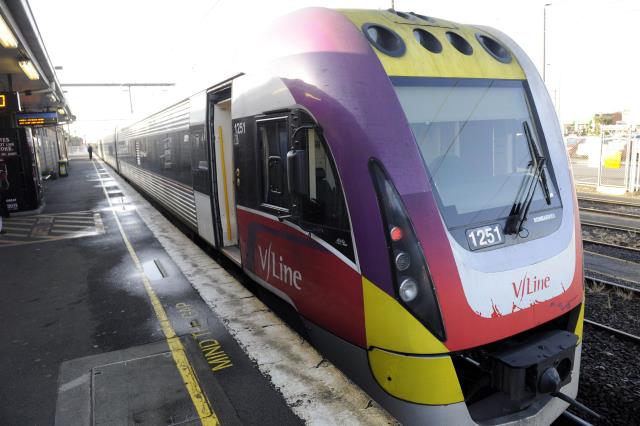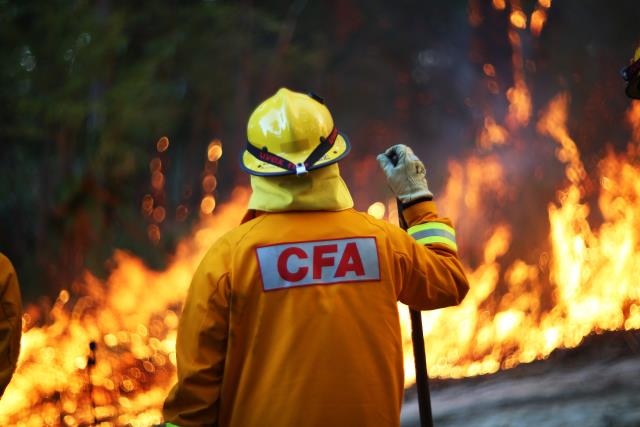Connected ‘20-minute neighbourhoods’ will create jobs, boost national gross domestic production (GDP) and generate taxes, Glenn Docherty believes.
As National Growth Areas Alliance (NGAA) chairman, Mr Docherty is calling on federal and state governments to “better connect” outer urban municipalities – Casey, Cardinia, Wyndham, Melton, Hume and Whittlesea – by investing in public transport.
“There are more than four million people living in [outer suburbs] nationally, with their growth running at double the national rate,” Mr Docherty said. “Everyone agrees they are not well connected, but getting positive change has lagged despite this consensus.”
Citing Professor John Stanley’s Moving People: Connecting Neighbourhoods report, presented at the Bus Industry Confederation last month, Mr Docherty says public transport should be available at the early stages of an estate’s development, there should be a focus on “urban form”, and jobs should be easily accessible.
Professor Stanley’s report finds that “20-minute connected neighbourhoods” reduce congestion and improve the overall health of the community.
“Managing population growth is a national issue and, if we do it well, there are national gains to be had,” Mr Docherty said.
“Our research demonstrates that investment in infrastructure in the outer growth suburbs will pay off in ongoing jobs created, taxes generated and national GDP permanently boosted.”
Mr Docherty is urging the federal government to take charge by investing in the growth areas and securing state government support. “With a growing population we need to find ways to be better connected and there is no time to waste.”
He said the “growing outer suburbs” would also be further disadvantaged if the federal government cancelled the 2016 census.
“The long-term ramifications of less reliable data will come at a massive cost and communities will pay the price,” Mr Docherty said.
The federal government is considering scrapping the census in favour of a smaller sample survey for the upcoming budget.

